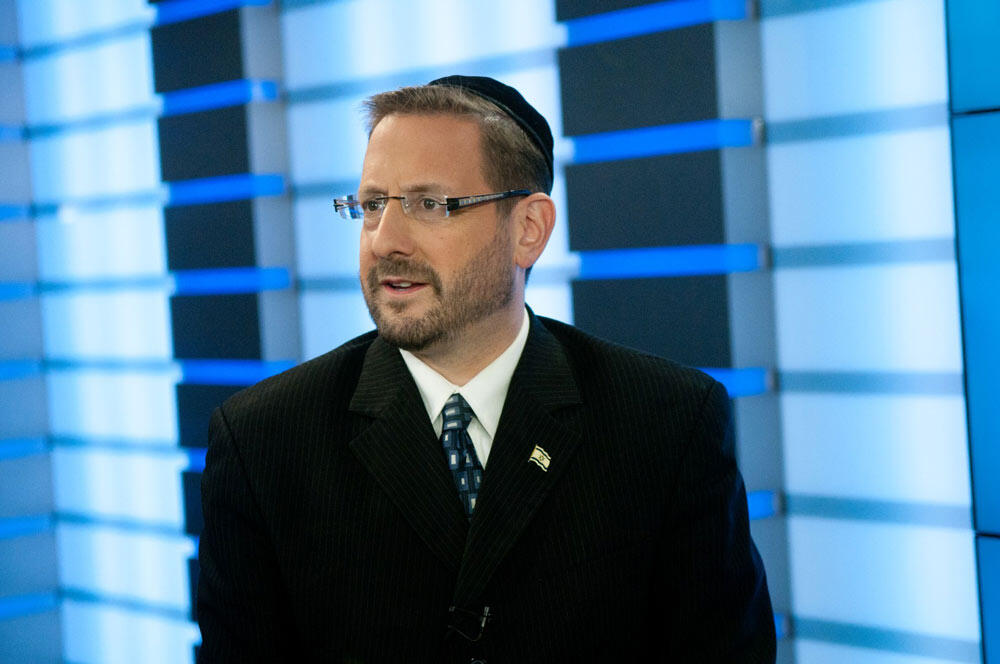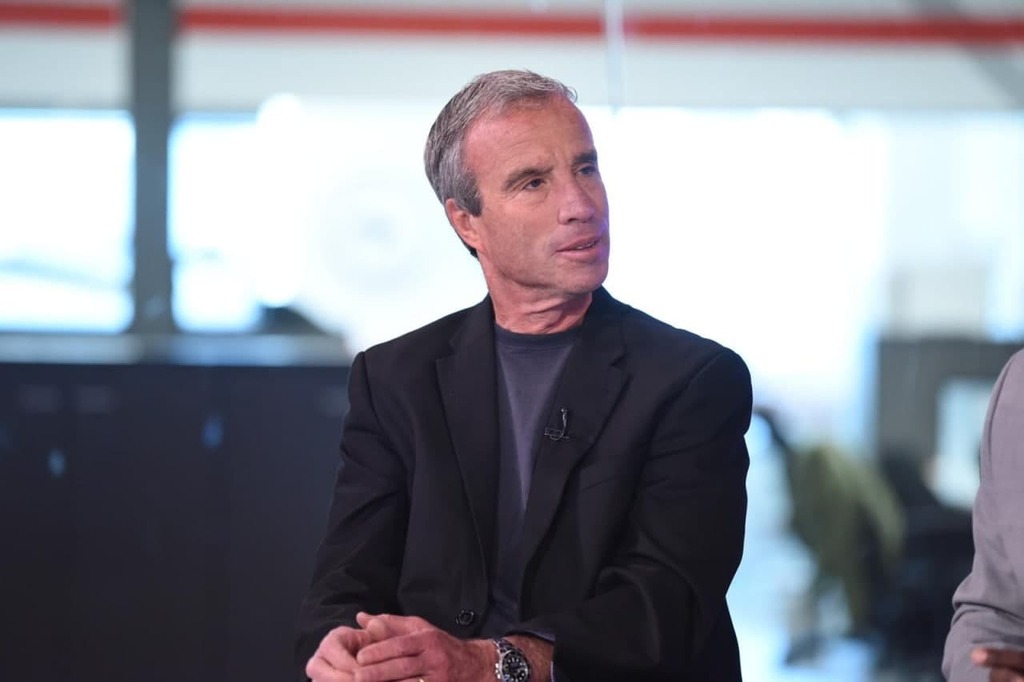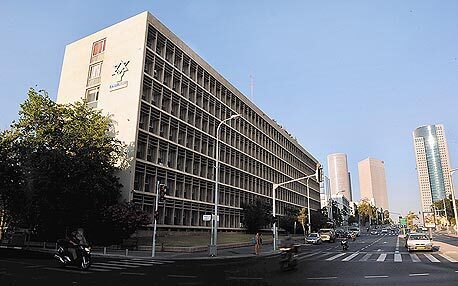The Jewish Agency for Israel is expected to have a new chairman by the end of the month. The organization, founded in 1929 as the executive branch of the World Zionist Organization (WZO), currently focuses on Israel’s connection with the Jewish Diaspora, encouraging Jewish immigration to the Jewish state — or Aliyah — and strengthening the Jewish community in Israel.
With a sizable budget of some $370 million in 2021 and worldwide operations, the Jewish Agency is central to the country’s ties with Jewish communities around the world.
The chairmanship position was made available by the election of Isaac Herzog, the Agency’s last chairman, as president of Israel. Now, the fierce competition for the seat includes Michael Oren, former Israeli ambassador to Washington; Danny Danon, former Israeli permanent representative to the United Nations; Omer Yankelevich, a former Israeli minister for Diaspora affairs and others.
A committee of 10 members representing the three Zionist organizations that make up the Jewish Agency — the WZO, JFNA/UIA, and Keren Hayesod — is tasked with selecting a candidate. Nine out of its 10 members must vote in support of a nominee for the selection to be approved. Usually, the committee selects the government’s candidate, yet Herzog received the chairmanship in 2018 despite then-prime minister Benjamin Netanyahu’s support for Yuval Steinitz, a former minister and member of his Likud Party.
Intelligence Minister Elazar Stern was the nominee of current Prime Minister Naftali Bennett and his government. On Tuesday, however, Stern withdrew his nomination, after he was quoted as saying that he had disposed of anonymous complaints in his days as the Israel Defense Forces’ head of Human Resources Directorate, which caused a scandal.
His statement in response to a discussion about sexual harassment charges levied against the incoming head of the Israel Security Agency was understood to have been referring to his shredding of sexual harassment complaints, but Stern later denied this, saying that he was referring to complaints made by officers against other commanders vying for promotions to the same positions.
Rabbi Dov Lipman, a former Knesset member and founder of Yad L’Olim, an organization focused on helping Jewish immigrants to Israel, known as Olim, says that the need for the Jewish Agency’s assistance in Israel and abroad is great, which is why he is concerned that the chairman will be selected on the basis of politics.
“I hope that they choose someone who truly understands Diaspora Jewry, who truly understands what’s involved in Aliyah, and that it will not just be a position that someone uses to move forward, or a political payoff, but it should really be someone who has the best interests of Olim and Diaspora Jewry in mind, and they also know what’s involved in that,” Lipman told The Media Line.
Explaining the great interest in the position, Lipman said that “this is considered to be a very plum position. It’s a nice salary, it’s a lot of honor, you get flown around the world quite a bit — very, very prestigious.” He added that the position “is viewed by many as a steppingstone… as a step up even for a minister.” Precisely because of this, Lipman urges that the position not be given as a “political handout.”
"We are bombarded with requests for assistance and help” from Diaspora Jews and Olim, Lipman says of his organization, “… and the Jewish Agency is a tremendous platform to deal with those issues.”
4 View gallery


Rabbi Dov Lipman, a former Knesset member and founder of Yad L’Olim
(Photo: Yaron Brenner)
Professor Aviva Halamish, a historian at the Open University of Israel and an expert on the history of Zionism and Jewish immigration, explained that the importance of the Jewish Agency comes from its freedom of operation throughout the world.
After the founding of Israel, Halamish told “the Agency became, to some extent, almost redundant. It had filled its historic role and was supposed to conclude its operations … but it continued to be active because it allows the state to do things that the government or country cannot formally take part in, as a sovereign body.” An example of such operations is the Agency’s efforts to encourage Jewish immigration to Israel from around the world.
At the same time, Halamish said that, until 2009, the Jewish Agency and the World Zionist Organization were headed by the same person. The division of this position, she says carefully, “enabled, to some degree, the forming of an institution that enables the allocation of jobs and promotions to various politicians who enjoy the decision-makers favor.” The Jewish Agency enjoys a large budget, prestige, and its employees are sent to missions abroad. “It is pretty clear why people are interested in these positions,” she said.
Pointing to the current race to head the Jewish Agency, Halamish notes that the public isn’t aware of different approaches to the role suggested by the candidates, that could explain the advantage of one candidate over another.
“The struggle isn’t really among the candidates, but rather, between the different powers” within Israeli politics, she explains. It isn’t clear, however, that whoever wins will enjoy a leg-up in the political arena. Looking at past Jewish Agency chairmen, Halamish says that “there is a mixture here. For some people, this is a last, respectable position, and for others, a step on their way.”




